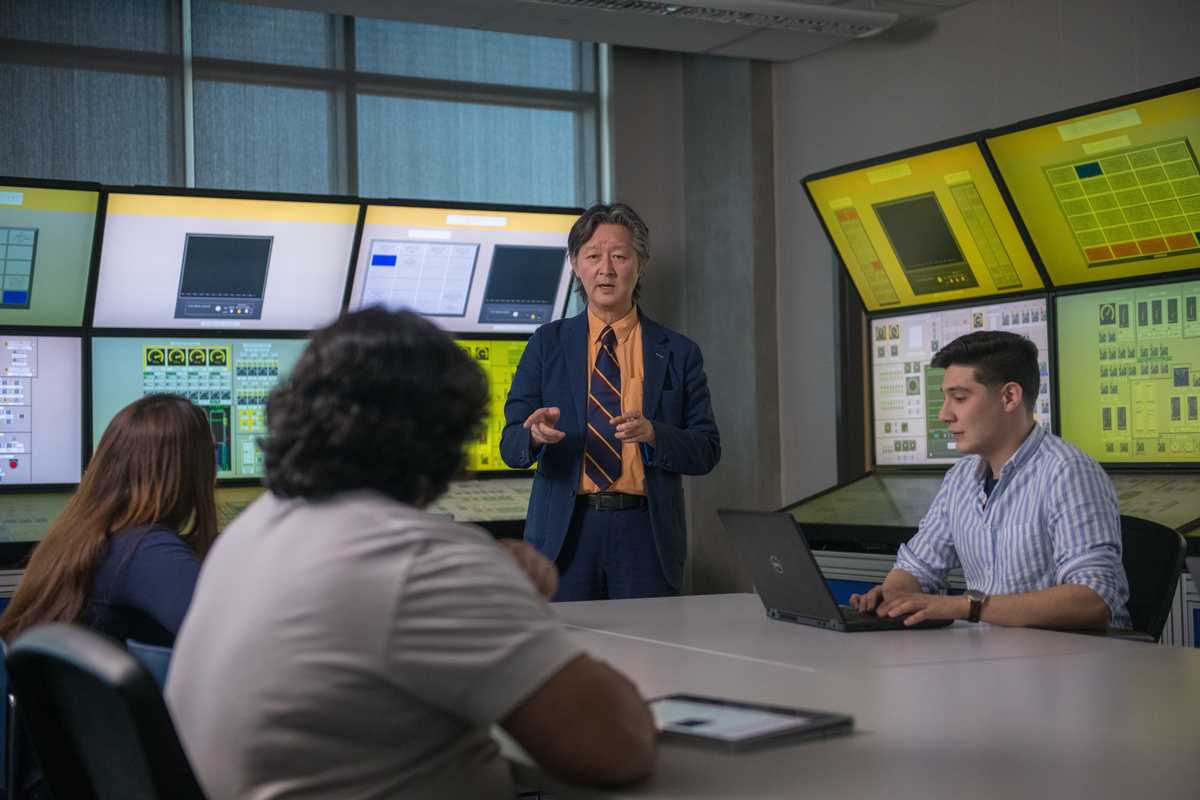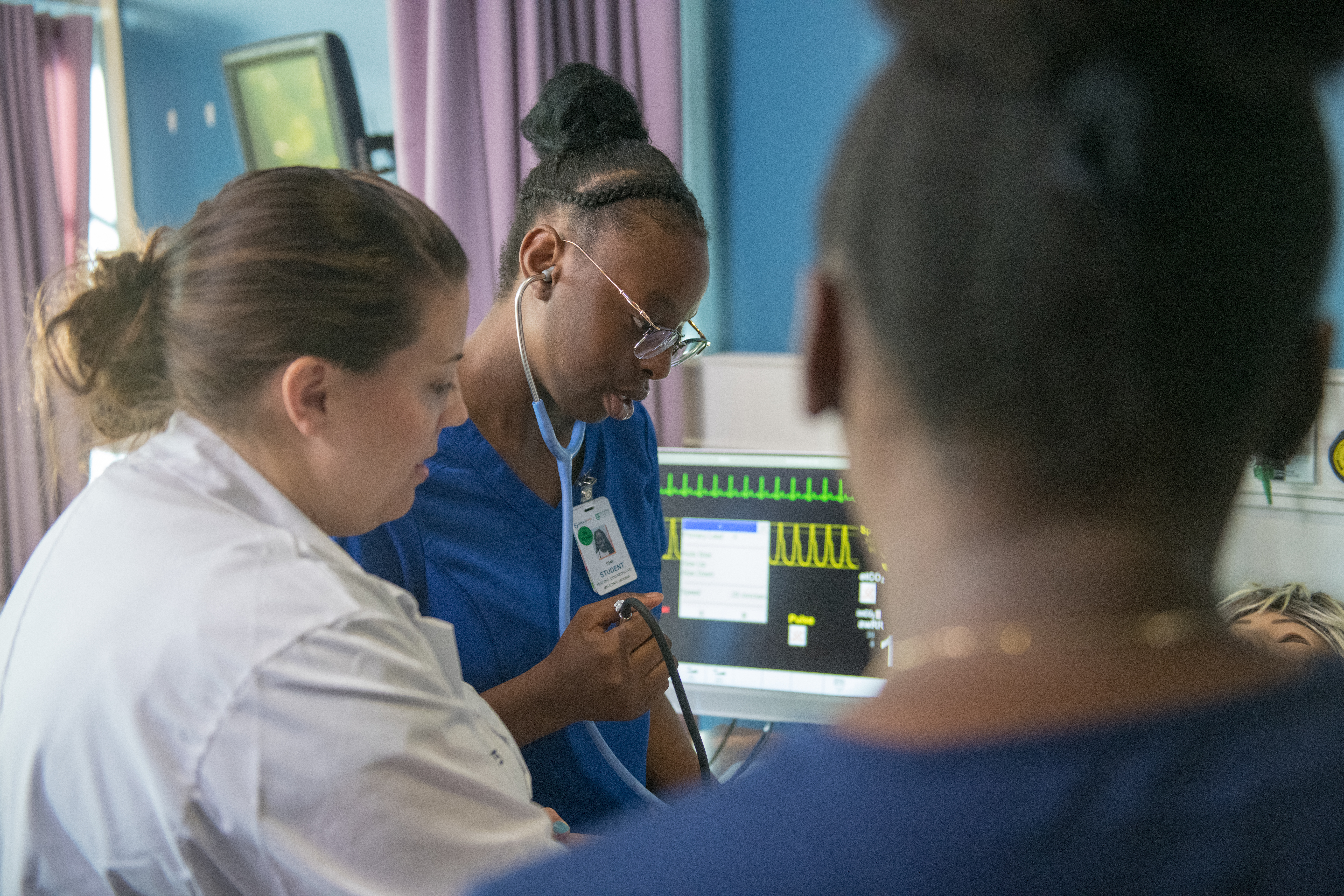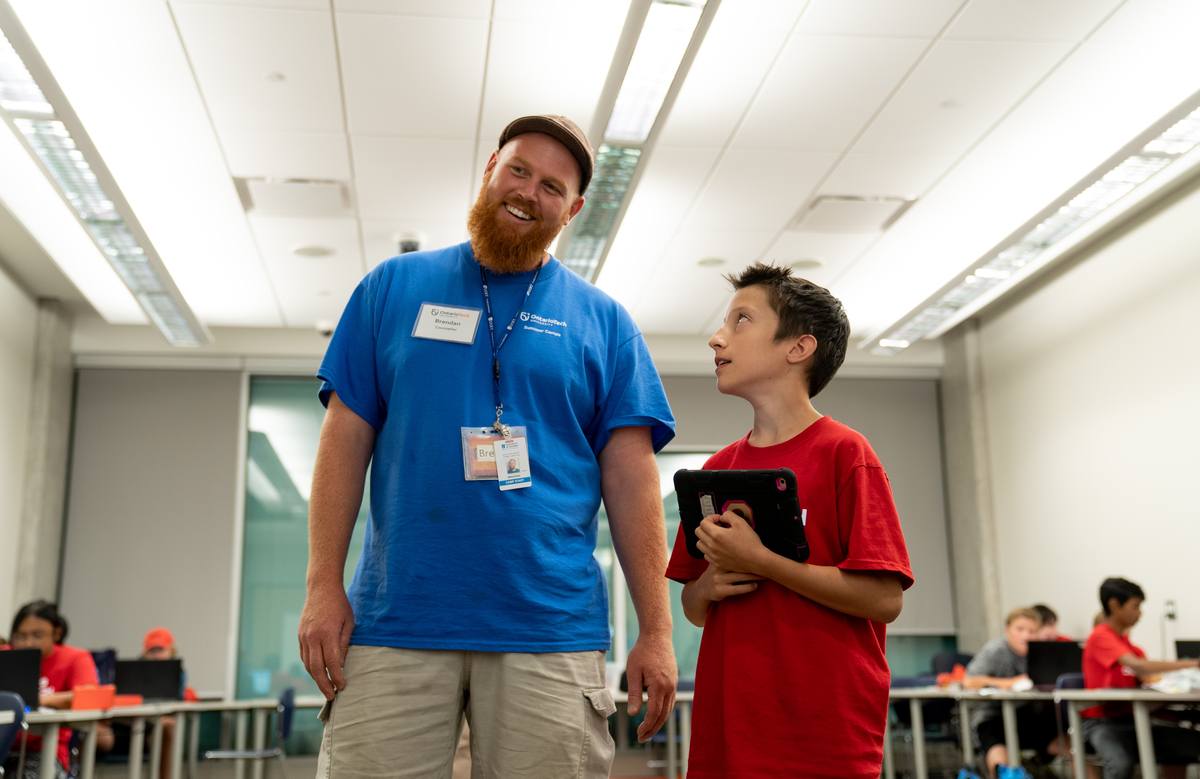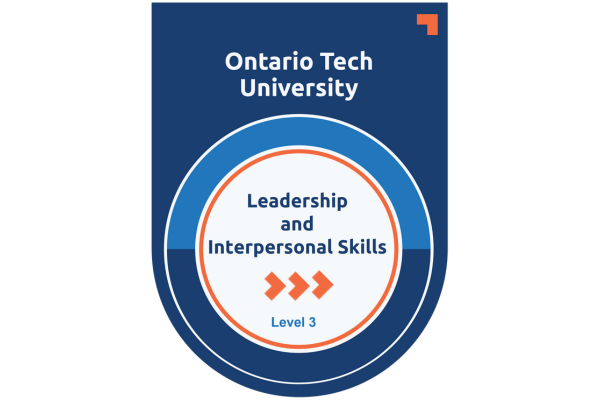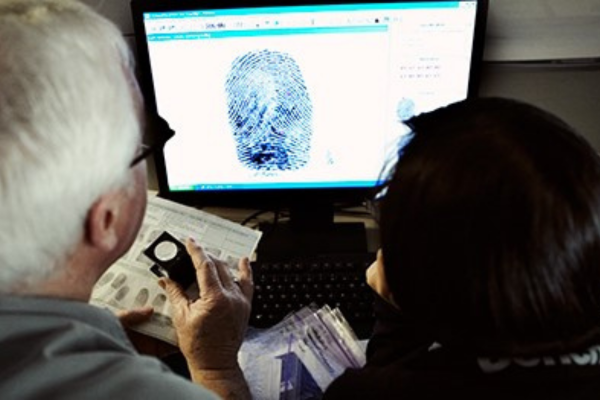General
Regulations listed in this section apply to all Continuous Learning courses/programs:
In addition to the general regulations:
- all Additional Qualification (AQ) / Additional Basic Qualification (ABQ) regulations also apply to all AQ/ABQ courses; and
- all open enrolment regulations also apply to all open enrolment courses.
Course offerings/schedule
All Continuous Learning courses/programs are non-degree, non-credit courses/programs.
Course offerings (i.e. schedule) are specified in the course description. Not all courses are offered in every semester or academic year.
Typically, course schedules are posted on the Continuous Learning website three (3) months prior to the start of the applicable term. Changes may be made to course offerings/schedules at any time without notice.
Non-degree, non-credit courses
All courses/programs taken through Continuous Learning have the status of non-degree, non-credit at Ontario Tech University. Students from any institution, including Ontario Tech, who would like to apply for a Continuous Learning course to their degree must apply and be approved for a Letter of Permission or transfer credit, as applicable, for the requested course from their institution.
Admission to Ontario Tech University
Students cannot gain admission to Ontario Tech University undergraduate or graduate programs through Continuous Learning. Students interested in applying to an Ontario Tech University diploma or degree program should contact undergraduate Admissions or the School of Graduate and Postdoctoral Studies, where applicable.
Course auditing
Course auditing is not permitted for Continuous Learning programs/courses.
Course feature changes
Course details such as date, time, location, etc. are subject to change without notice. Continuous Learning will inform impacted learners as soon as possible of changes made to course details via the email address learners provide to Continuous Learning during registration.
Course cancellation
Continuous Learning reserves the right to cancel or postpone Continuous Learning courses with limited advanced notice for such reasons as low enrollment, instructor availability, unforeseen extenuating circumstances, and University discretion. Cancellation decisions will be made as soon as possible. Learners are encouraged to register early to reduce the possibility of course cancellation.
Continuous Learning will communicate course cancellations with impacted learners via the email address learners provide to Continuous Learning during registration, however, learners are also responsible for checking the Continuous Learning website prior to the course to verify the course is running.
Learners registered in a course that is cancelled will be given the following options:
- transfer to an alternate open section of the same course, where available;
- transfer into a different course that is equal or lower in cost to the original course, as long as the learner meets any required application, registration, and/or prerequisites. Where the course transferred into is a lower price than the original course, the difference in price will be refunded to the learner; or
- full tuition refund.
Emergency closures
Sometimes, due to extenuating circumstances, such as inclement weather, the University needs to close. It is the learner’s responsibility to check the University’s website and news outlets for information about University closures. Continuous Learning will endeavor to inform learners about emergency closures, but this is not always possible.
For more information about this process, including how this information will be communicated, please visit the Campus Services website, Emergency Closure Policy, and Emergency Closure Procedures. If a decision is made to close the University, all Continuous Learning courses, including off-campus courses, are cancelled during the time of the University closure.
When a decision to close the University impacts Continuous Learning’s ability to offer a course, the missed offering will be rescheduled. Information regarding the rescheduling of an offering will be communicated with impacted learners via the email address learners have provided to Continuous Learning.
Prerequisite and admission requirements
Submission of an application does not guarantee registration. All prerequisites and admission requirements must be completed prior to the program/course start date admission to a program/course. Continuous Learning must verify all admission and prerequisite requirements have been met prior to official registration of learners to courses. Course status will be confirmed with learners via email the week following the application deadline or earlier.
Fees
Continuous Learning course and program fees are specified in each course/program description. Typically, Continuous Learning courses/programs will not require additional course materials. Where additional materials are required, this information will be listed in the course/program description and/or course outline.
AQ/ABQ courses have application deadlines. There is a $75 fee for late applications. The application deadlines are listed under Programs > Important dates and Programs > Education > Schedule.
For custom programs, there is a $75 course make-up fee where a learner misses a custom scheduled course and must take a regularly scheduled open course in lieu of the missed custom course.
Payment
Payment by credit card must be done in full by one credit card at the time of application/registration through the secure, online payment portal.
Alternative payment method
Where applicable, the option of an invoice will be made available on the application/registration form. Where a learner selects to pay by invoice, one invoice will be generated and sent to the email address indicated in the billing information section of the application/registration page. Invoices will be sent approximately one (1) week prior to the beginning of the course/program. Payment must be made in full by the deadline specified on the invoice.
Program/course participation, attendance and absences
Participation and attendance requirements for courses and programs vary and are specified in the course description and/or course outline. Learners are required to meet the specified participation and attendance requirements for completion of the course/program.
Where a learner must miss a course due to extenuating circumstances, it is the learner’s responsibility to inform the course facilitator/instructor and Continuous Learning as soon as possible.
Course evaluations
At the completion of each program/course, Continuous Learning will arrange for all learners to complete a course evaluation. The evaluation will allow learners to provide feedback on course content and facilitation/instruction. Learner comments may be used publicly, in whole or in part, for purposes including but not limited to course/program promotion and marketing with the learner's consent.
There are two main purposes of Continuous Learning program/course evaluations:
- To assist facilitators in assessing and improving their instruction/facilitation skills as part of their ongoing learning and development; and
- To assist Continuous Learning in assessing and improving their programs/courses.
For this reason, evaluation results will be made available to applicable course facilitator(s)/instructor(s), Continuous Learning, curriculum committees and/or other reviewing bodies/individuals, such as the Continuous Learning Committee, for the purposes of reviewing Continuous Learning courses/programs.
Anonymous feedback, including anonymous course evaluations, may also be made publicly available for the purpose of informing specific groups or the public how previous feedback has led to changes in the development and/or facilitation/instruction of Continuous Learning courses/programs.
The administration of the Continuous Learning course evaluations does not preclude facilitators/instructors from gathering and benefitting from learner feedback independent of this evaluation.
Technology requirements
Continuous Learning strongly advises that learners have access to their own computer and an internet connection to take part in any program/course that require assignments. Computer and internet access are mandatory for blended and online courses/programs.
Academic conduct
Learners are expected to adhere to the academic standards of Ontario Tech University. Information regarding academic conduct can be found in the Academic regulations section of the Undergraduate Academic Calendar under Academic conduct and professional suitability.
Learner conduct
Learners are expected to adhere to the conduct standards of Ontario Tech University. Information regarding student conduct can be found in the Student Conduct Policy in the University’s Policy Library.
Accommodations
Learners with accommodation needs should contact Continuous Learning.
Privacy
Ontario Tech University and Continuous Learning respect your privacy. We adhere to Ontario’s Freedom of Information and Protection of Privacy Act, the university’s Student privacy regulation (found in the Undergraduate Academic Calendar), and Access to Information and Protection of Privacy Policy.
For more information, see the Student privacy section of the Undergraduate Academic Calendar.
Documents and learner files
Documents submitted to Continuous Learning become the property of the university and are protected under applicable privacy legislation. Original copies of documents are the property of the university and will not be returned to the learner.
Official learner records deemed to have archival value and preserved in the university archives shall be made available to researchers authorized by the university in accordance with applicable privacy legislation.
Records will be maintained per Ontario Tech University’s Records Management Policy, Records Classification and Retention Schedule, and Records Disposition Procedures.

